losing in the sale, gaining in the purchase
domino123
13 years ago
Related Stories

MOST POPULAR7 Ways to Design Your Kitchen to Help You Lose Weight
In his new book, Slim by Design, eating-behavior expert Brian Wansink shows us how to get our kitchens working better
Full Story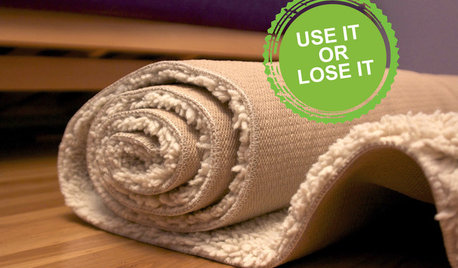
DECORATING GUIDESLose It: 4 Ways to Get Rid of Your Old Carpet
Try one of these earth-friendly tips before stuffing your dingy carpet or rug in the trash
Full Story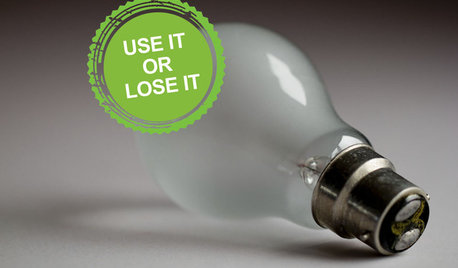
DECORATING GUIDESLose It: How to Get Rid of Old Light Bulbs
When the light goes out, you'll want to get rid of the bulb safely. Here's how
Full Story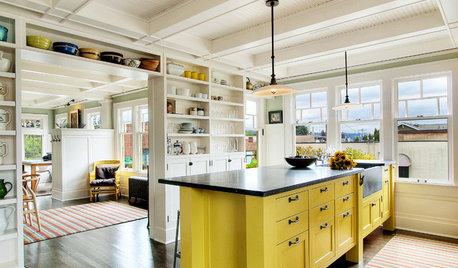
KITCHEN DESIGNHow to Lose Some of Your Upper Kitchen Cabinets
Lovely views, display-worthy objects and dramatic backsplashes are just some of the reasons to consider getting out the sledgehammer
Full Story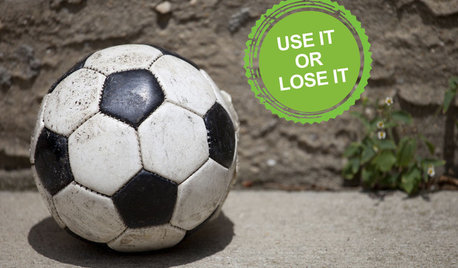
DECORATING GUIDESDeclutter Now: Lose That Old Sports Equipment
Make more room in your closets and give your home a fresh start the eco-friendly way
Full Story0
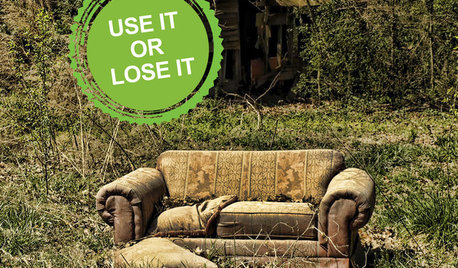
DECORATING GUIDESLose It: How to Reuse, Recycle or Replace Your Sofa
Follow these tips and tricks to keep your worn-out couch from ending up in a landfill
Full Story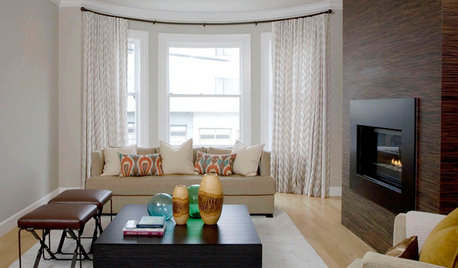
DECORATING GUIDES7 Home Purchases Worth the Splurge
Make buyer's remorse over furniture, textiles and more a thing of the past with this wise purchasing advice
Full Story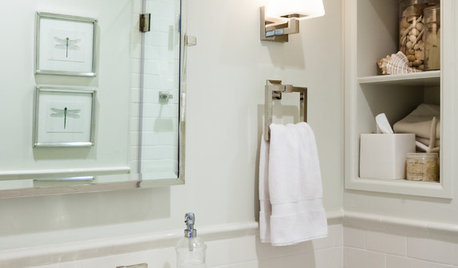
ROOM OF THE DAYRoom of the Day: An 8-by-5-Foot Bathroom Gains Beauty and Space
Smart design details like niches and frameless glass help visually expand this average-size bathroom while adding character
Full Story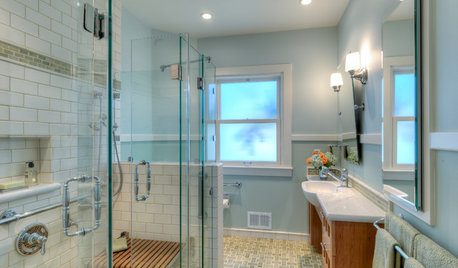
UNIVERSAL DESIGNBungalow Bathroom Gains New Accessibility
Better design and functionality make life easier for a homeowner in a wheelchair
Full Story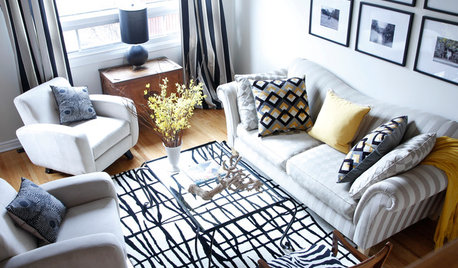
HOUZZ TOURSMy Houzz: A Montreal Townhouse Gains Graphic Appeal
High contrast meets neutral colors, playful patterns and repurposed finds in this designer's suburban digs
Full Story






blueheron
terezosa / terriks
Related Professionals
Enterprise Architects & Building Designers · West Jordan Architects & Building Designers · Arizona City General Contractors · Browns Mills General Contractors · Champaign General Contractors · Deer Park General Contractors · Elgin General Contractors · Fort Pierce General Contractors · Mobile General Contractors · Montclair General Contractors · Parma General Contractors · Redding General Contractors · Rosemead General Contractors · Rossmoor General Contractors · Immokalee Home Stagersjane__ny
larke
chisue
lowspark
pamghatten
susanelewis
booboo60
User
drcindy
Billl
nancylouise5me
deegw
kats_meow
Adella Bedella
mariend
clemrick